Beyond the Numbers: Lessons Learned from the French Elections
by Saeed Khan
The French elections concluded with less drama than the buildup appeared to promise. Incumbent Emmanuel Macron captured nearly 59% of the vote in the run-off against Marine Le Pen to gain another term as President. While an 18-point margin would certainly be regarded as a landslide win (usually, anything more than a 5-point spread is regarded as a landslide), Macron’s victory is hardly the definitive statement the statistics might suggest. It also does nothing to allay concerns that the right-wing agenda has been sufficiently vanquished; in fact, there is every indication that France may lurch further to the right despite the return of a left-leaning party to the Élysée Palace.
By all accounts, Macron’s “decisive” showing at the polls is a sigh of relief for repelling the forces of the far-right from seizing power in Europe’s second-largest country. Le Pen inherited the National Party (previously the National Front) in 2011 from her father, Jean-Marie. She has made a career of espousing anti-immigrant, Islamophobic and right-wing populism. She has called for banning the Muslim headscarf in public places, as well as the deportation of any foreigners and undocumented people convicted of a crime. Despite some last-minute campaign trail efforts to strike a softer, less bigoted, more presentable (electable?) tone, Le Pen’s reputation clearly preceded her among those she was hoping to reach beyond her already a sizable base of a mostly rural, white French population. Her persistent, enthusiastic support for Vladimir Putin did not help her at a time when the Russian President is the most hated man on the planet for his brutal invasion of Ukraine.
Despite Le Pen’s faltering, Macron is in no position to claim a mandate, per se. The abstention rate among voters exceeded 28%, an increase since the last elections of 2017. It suggests that his term in office has proven to be highly unpopular among a large part of the French electorate, with the hemorrhaging economy, perceived mishandling of the Covid-19 pandemic and his weakness to confront Putin cited as his major miscues. The fact that Macron had to face Le Pen in the second round of the elections at all-a center-left technocrat vs an inveterate bigot who is often characterized as a neo-fascist- affirms how divided France is as a nation. Even with such a stark contrast between candidates that would propel the country on completely divergent futures, more than a quarter of the electorate were unpersuaded that they should vote if for no other reason than to block the far-right from a win.
For the 5-6 million Muslims living in France, the choice for President was equally difficult and problematic. Le Pen would be catastrophic for a community that is besieged by a climate of hostility at the state level, including the criminalization of the hijab and closure of mosques under the pretense of “anti-social” sermons and imams. Her stated plan to erase Muslim life from the French public sphere, and perhaps beyond, has been on record for well over a decade.
69% of French Muslims voted for far-left candidates over Macron in the first round of the elections. But in the run-up to the elections, Macron chose to parrot the right, rather than double down on a more liberal agenda. In speech after speech, the President indicated the need to be tougher on “Islamists,” despite his inability to define them or the alleged threat they posed to France. Instead, his rantings revealed a cynical effort to court voters away from Le Pen by offering a slightly saccharine version of his opponent’s popular rhetoric and policy goals. It is no surprise so many stayed home last Sunday. For them, the line of distinction between the devil they know and the one pretending to be one for the sake of some votes have been blurred, especially since Macron reached out to Le Pen’s voters in his victory speech by declaring, “An answer must be found to the anger and disagreements that led many of our compatriots to vote for the extreme right…It will be my responsibility and that of those around me.” To date, Macron has yet to make such a gesture of empathy, understanding or inclusion to French Muslims.
While the liberal left in France, the European Union and even farther afield (United States, Canada and Great Britain) are breathing easier today with the reelection of Emmanuel Macron to another term as President, the first such win by the incumbent in 20 years, some realities remain ominously nearby. Marine Le Pen and the far-right had their best showing in the national elections ever. Nearly half the country supports her bigoted agenda and was willing to mortgage their nation’s high-minded ideals of liberty, equality and fraternity to make her the French president. And the conditions for the nation’s Muslims, a community already under scrutiny, surveillance and socio-economic marginalization and discrimination, have no prospect of improvement. Whether Macron’s “big win” is nothing more than a pyrrhic victory remains to be seen over the next five years.






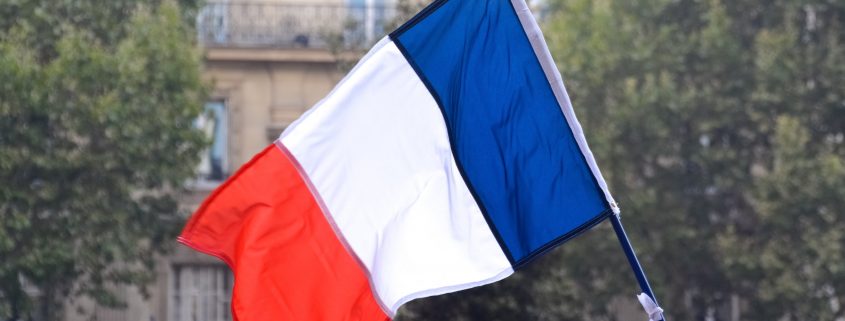
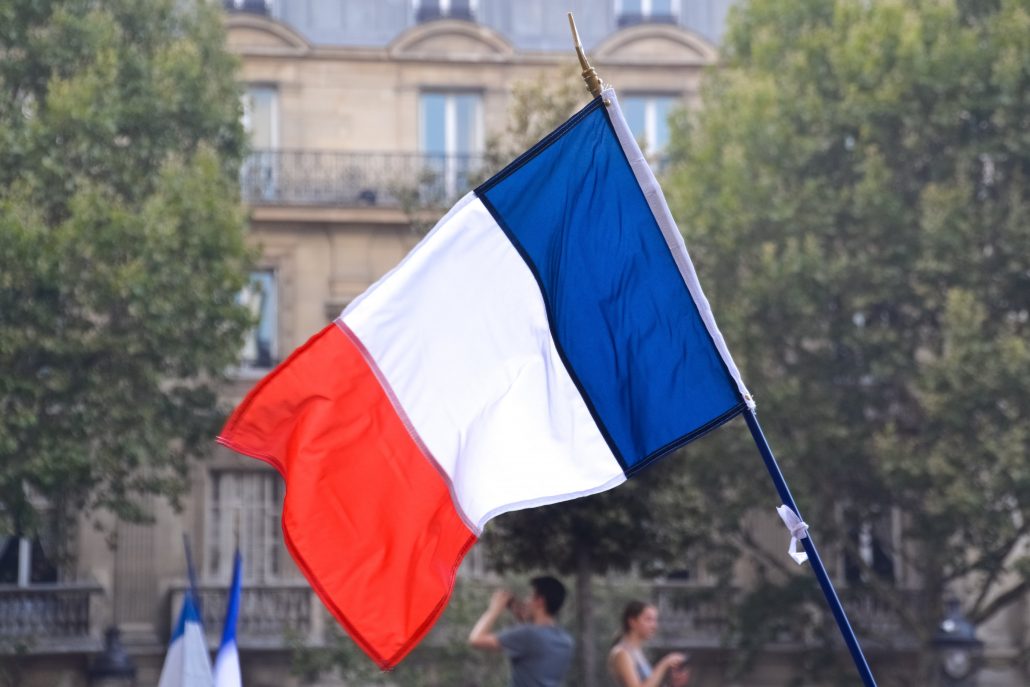


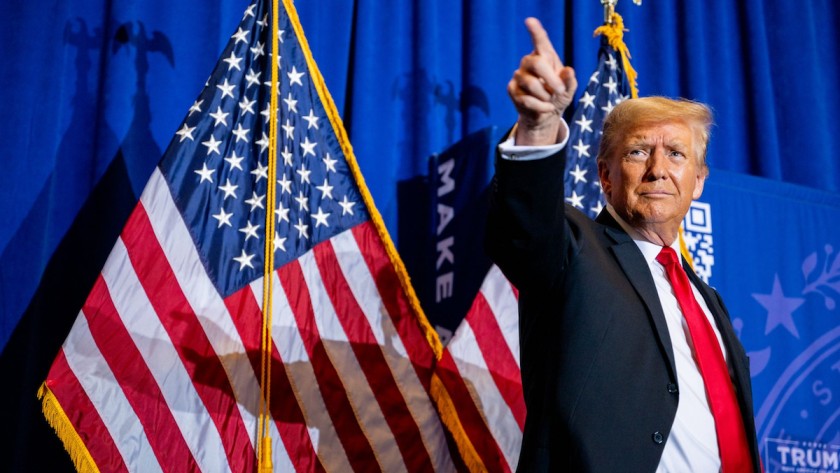
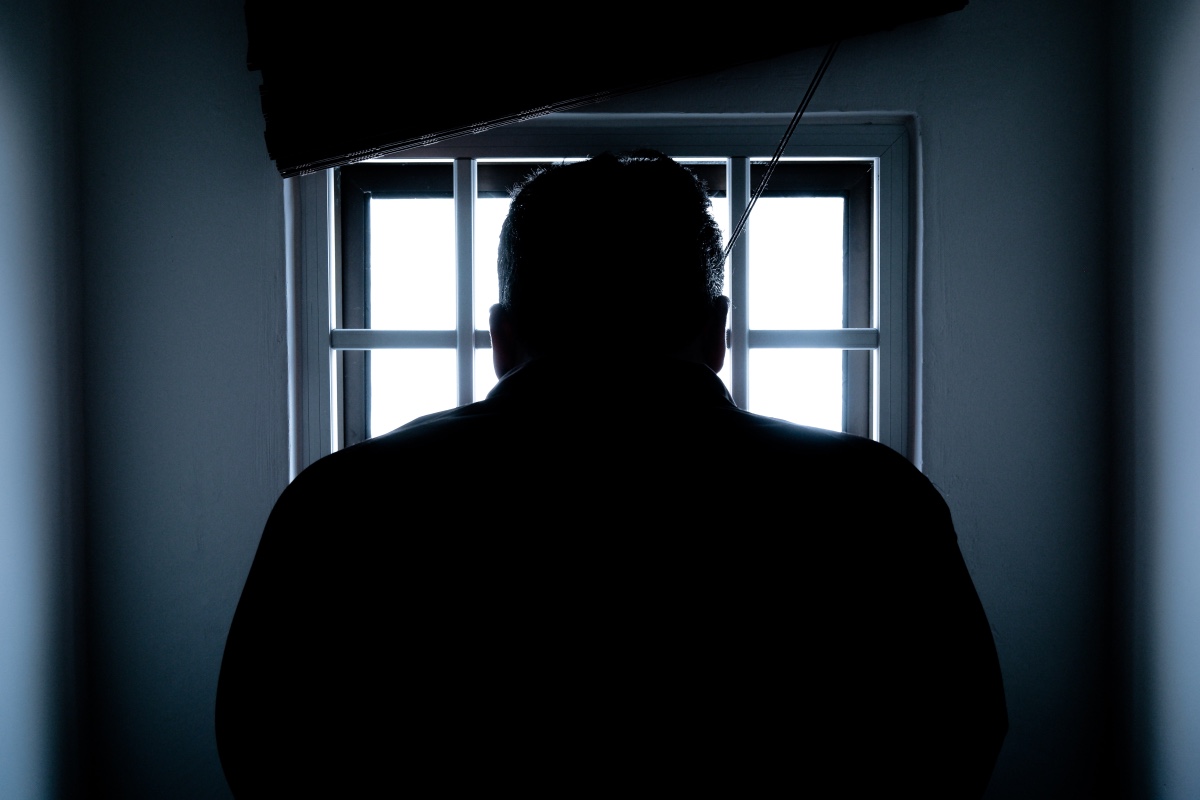
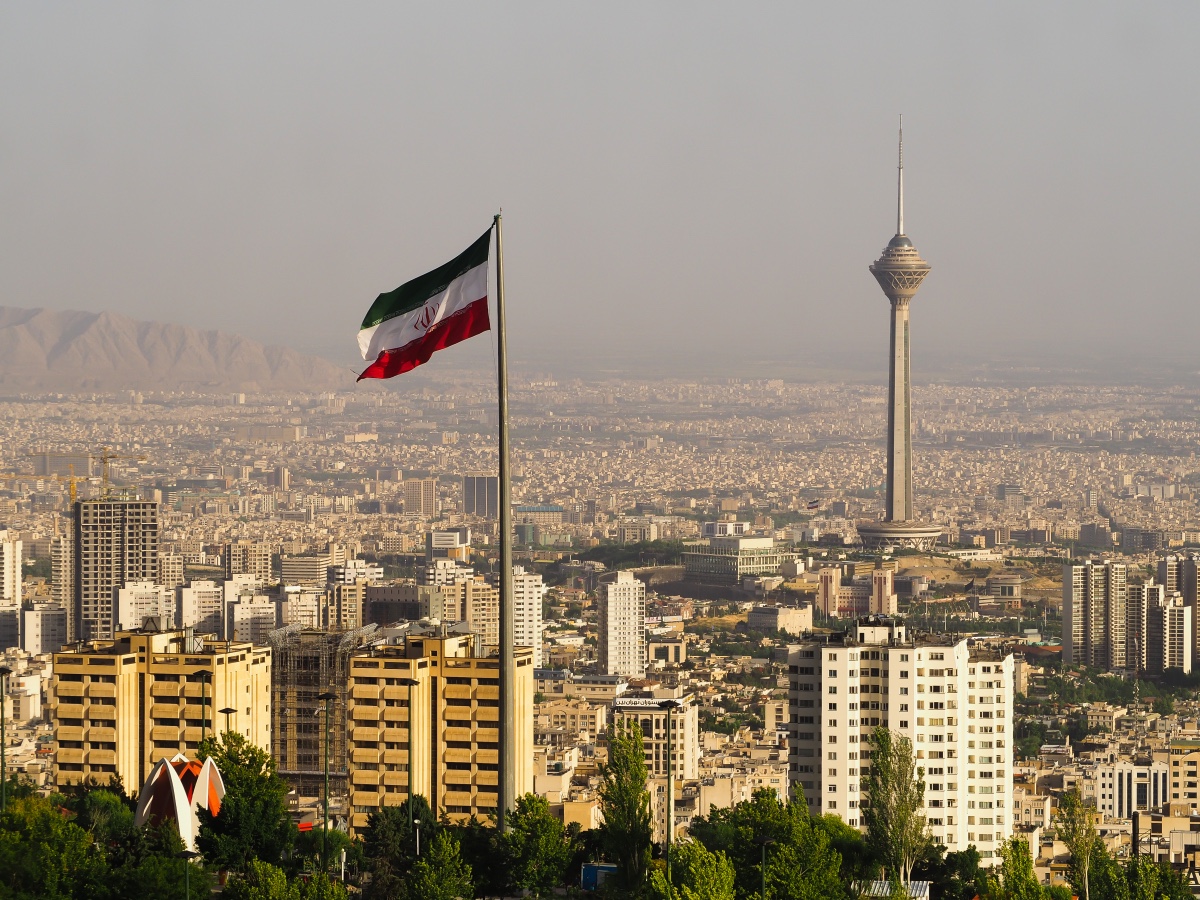
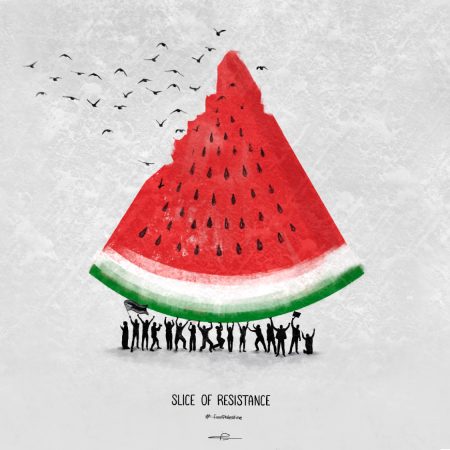







2022
1,484 views
views
0
comments